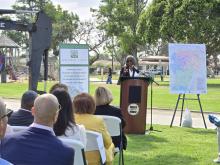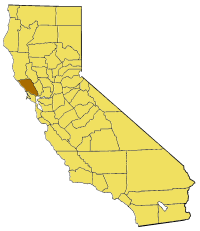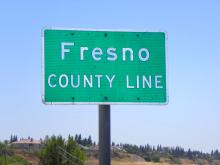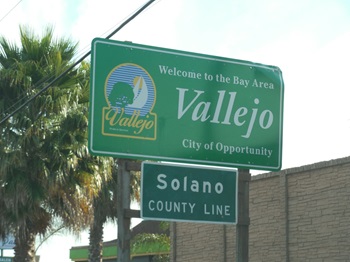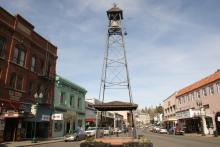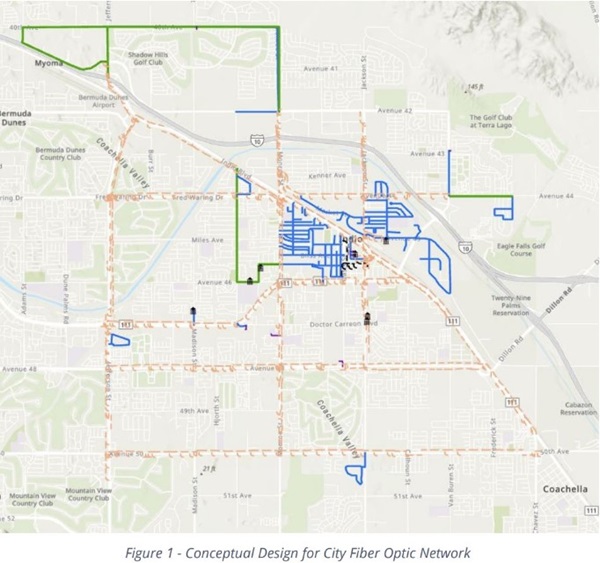Gateway Cities Fiber Project Rolls On, Aims To Revolutionize California Broadband
Two dozen California cities are making progress bringing affordable fiber to 16,500 new locations in the Golden State. The collaborative middle mile project, dubbed the Gateway Cities Council of Governments' (GCCOG) Gateway Cities Fiber Optic Network Project, could revolutionize connectivity for a broad swath of Californians long stuck on the wrong side of the digital divide.
While the project should be transformative, questions remain if the project will reach the full potential of its original 2021 vision after some significant revisions were made to California’s expansion plans in the summer of 2023.
The $104 million broadband infrastructure project is leveraging money from the California Department of Technology’s Middle Mile Broadband Initiative and the California Public Utilities Commission’s Last Mile Federal Funding Account Grant Program (FFA).
Both are part of a broader $6 billion California “Broadband For All” initiative aimed at boosting broadband competition and driving down broadband access costs statewide. The initiative in turn was enabled by 2021 federal infrastructure and COVID relief legislation resulting in a generational flood of historic broadband subsidies.
All told, the $104 million Gateway Cities Fiber Optic Network Project aims to connect 24 cities, 4,254 unserved locations, and as many as 16,500 locations with 74 miles of next-generation gigabit-capable fiber. The network will also bring faster fiber connectivity to 72 anchor institutions and public safety entities scattered across Southeast California.


